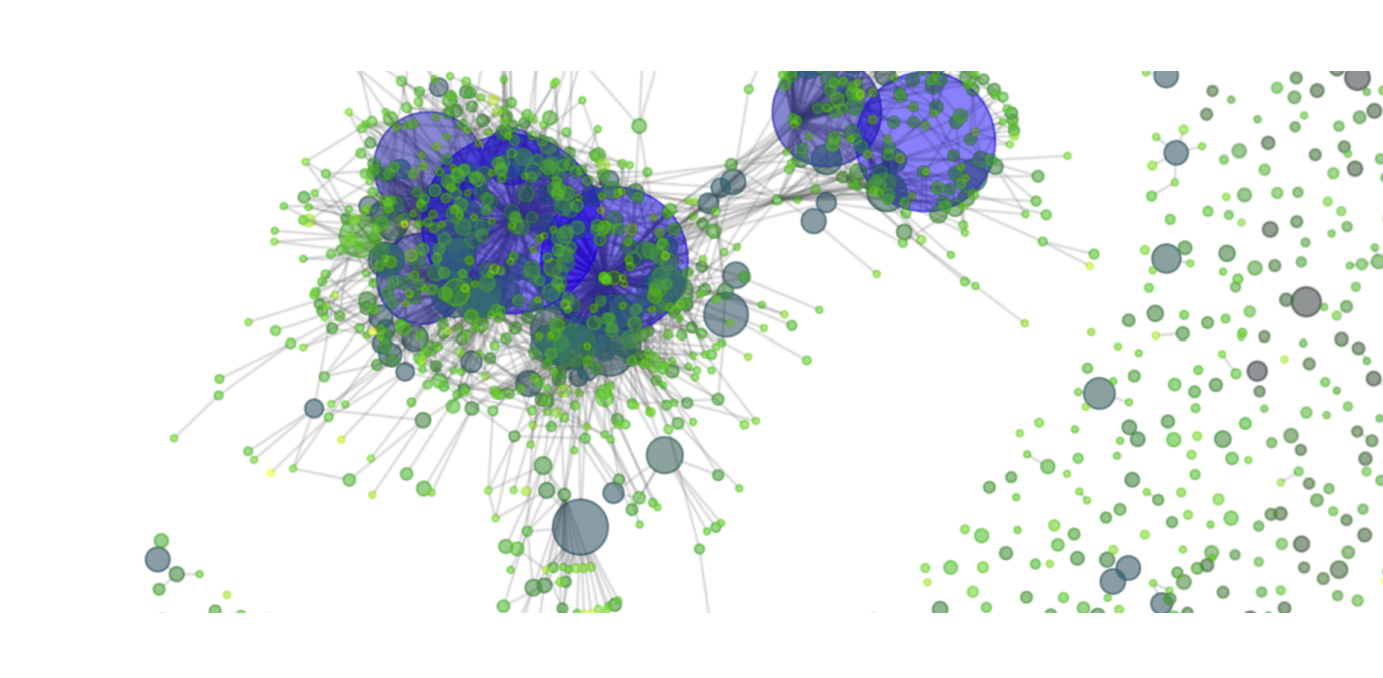Molecular Oncology and Functional Genomics
Prof. Dr. Roland Rad
We investigate molecular processes in cancer through an integrated approach spanning genomics, computational biology, and translational sciences. We aim to better understand biological mechanism and harness basic discoveries for cancer therapy.

A key area of our research is technology development. Our genetic tools, methods, disease models and data resources support a growing number of academic and industry collaborations world-wide. We adapted for example, dormant transposons from insect genomes to their use in mice, and systematically developed them further into powerful high-throughput screening tools (Nat Rev Cancer 2020). Their application across numerous cancer types by us and our DKTK collaborators produced landmark discoveries and fuelled the systematic functional annotation of cancer genomes (e.g. Science 2010, Nat genet 2015, Nat genet 2017, Nature 2017, Nature 2025). Other approaches, such as scalable RNA perturbation methods, which we developed recently (Nat Methods 2023), enabled us to launch research programs on non-coding RNA biology and nucleic acids therapeutics, which we now pursue within and outside of consortia such as the CNATM Cluster4Future, the NUCLEATE Cluster of Excellence or the European Cancer Dependency Map Project.
Main lines of our entity-oriented research concentrate on aggressive digestive tract cancers, for which we develop advanced preclinical model systems ranging from genetically engineered mouse models to cell atlases (www.mcca.tum.de). Such work identified, for example, “molecular codes” defining tumour phenotypes and subtypes in pancreatic, hepatobiliary and gastrointestinal malignancies. Among these, our discovery of KRAS-dosage variation in phenotype evolution (Nature 2018) emerged as the key prognostic parameter as well as a main predictor of response and resistance to RAS inhibitors, which are now transforming clinical practice. Other studies revealed new therapies now under clinical use or planned investigation (Cancer Cell 2013, Cancer Cell 2024) or identified principles of metastasis, including a “genetic switch” activating both tumor initiation and dissemination (Nature 2018). The latter established a mechanistic rationale for the early spread of pancreatic cancer and overturned the prevailing paradigm of gradual metastatic progression.
We are also running a DKTK Platform for Genomic Technologies, which provides consortium-wide support with sequencing, genetic engineering and screening applications as well as related data analyses.
Future projects and goals
A focus of our DKTK activities will lie on target discovery through both hypothesis-driven mechanistic studies and unbiased functional screening. Key questions are centred around drug response, resistance and synergy in early disease interception/prevention and cancer therapy. We will continue to exploit new technology, such as CRISPR/CasRx systems for massively parallel genetic interaction screening, which we developed to advance the design of new combinatorial therapies. Strong emphasis will also be placed on preclinical target validation, which will be integrated with our drug repurposing and academic drug development activities within consortia, such as the TRR387, CNATM and DEFEAT-PDAC.

Prof. Dr. Roland Rad
Professorship for Molecular Oncology and Functional Genomics
TUM University Hospital Rechts der Isar
TUM Klinikum Rechts der Isar
Institute for Molecular Oncology and Functional Genomics